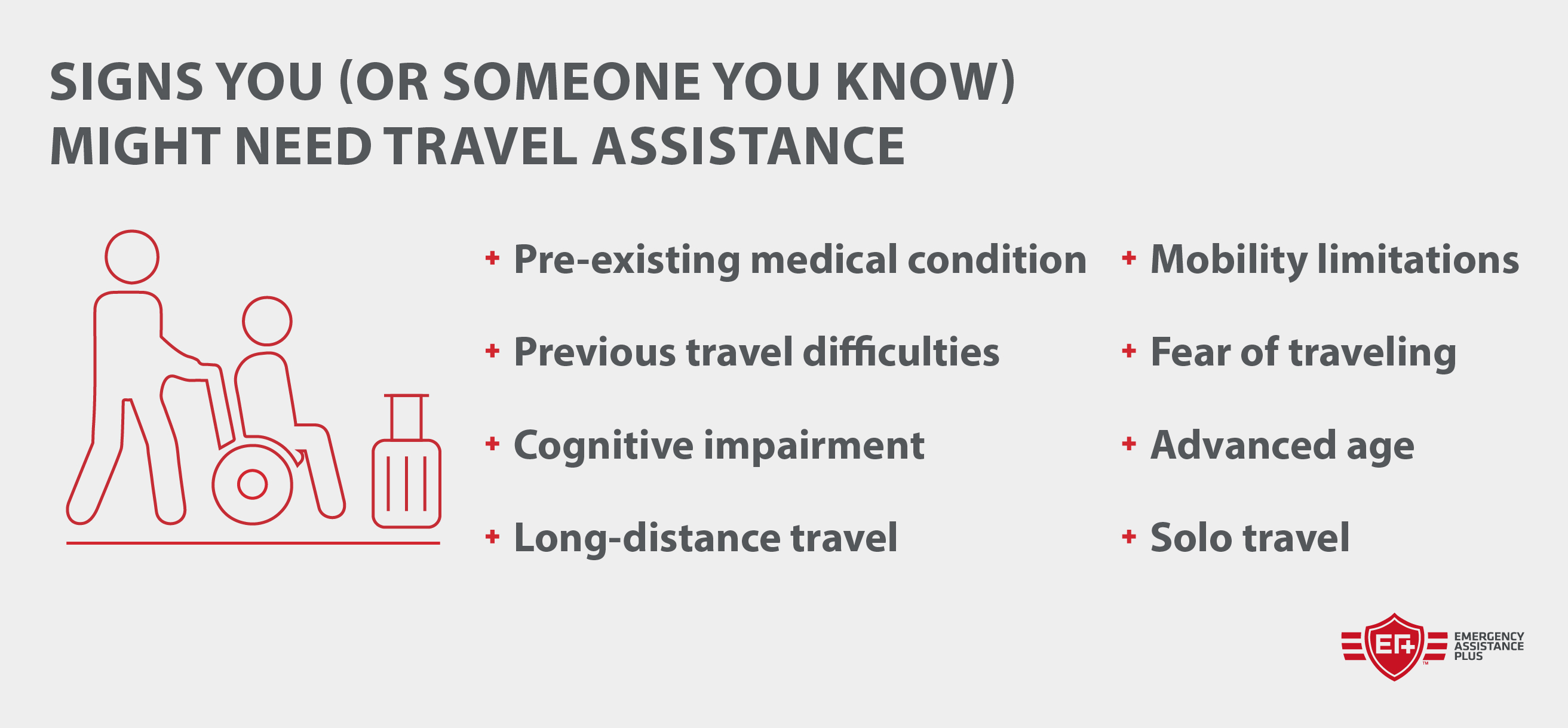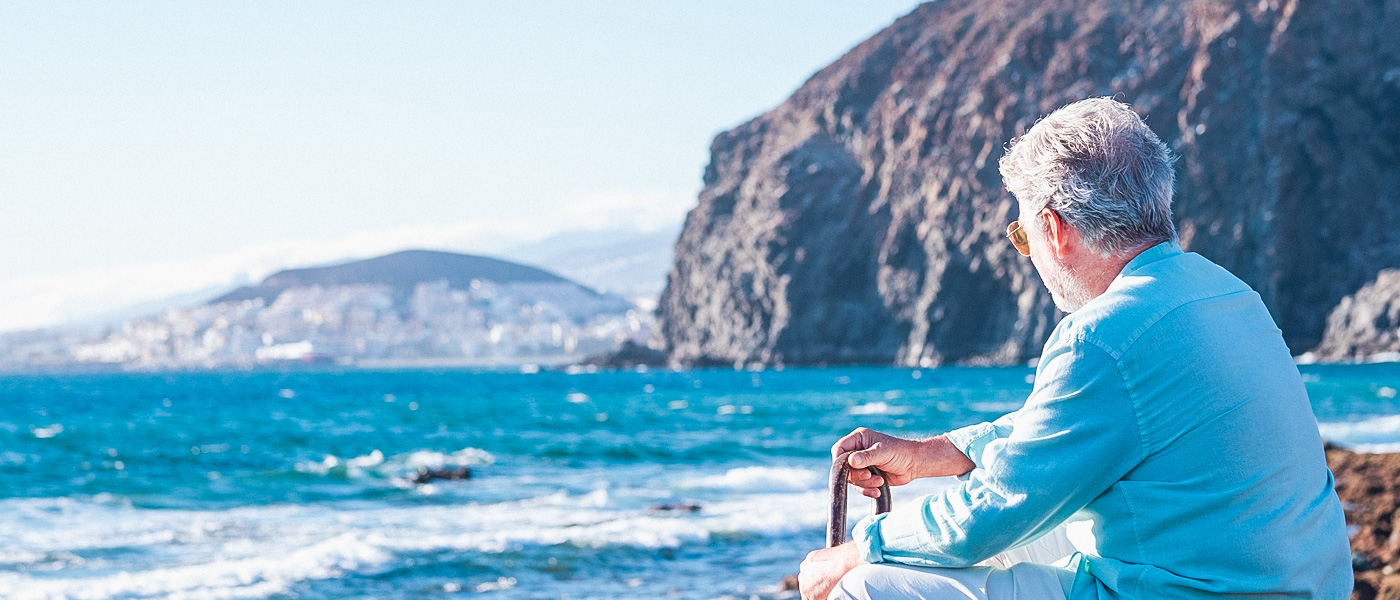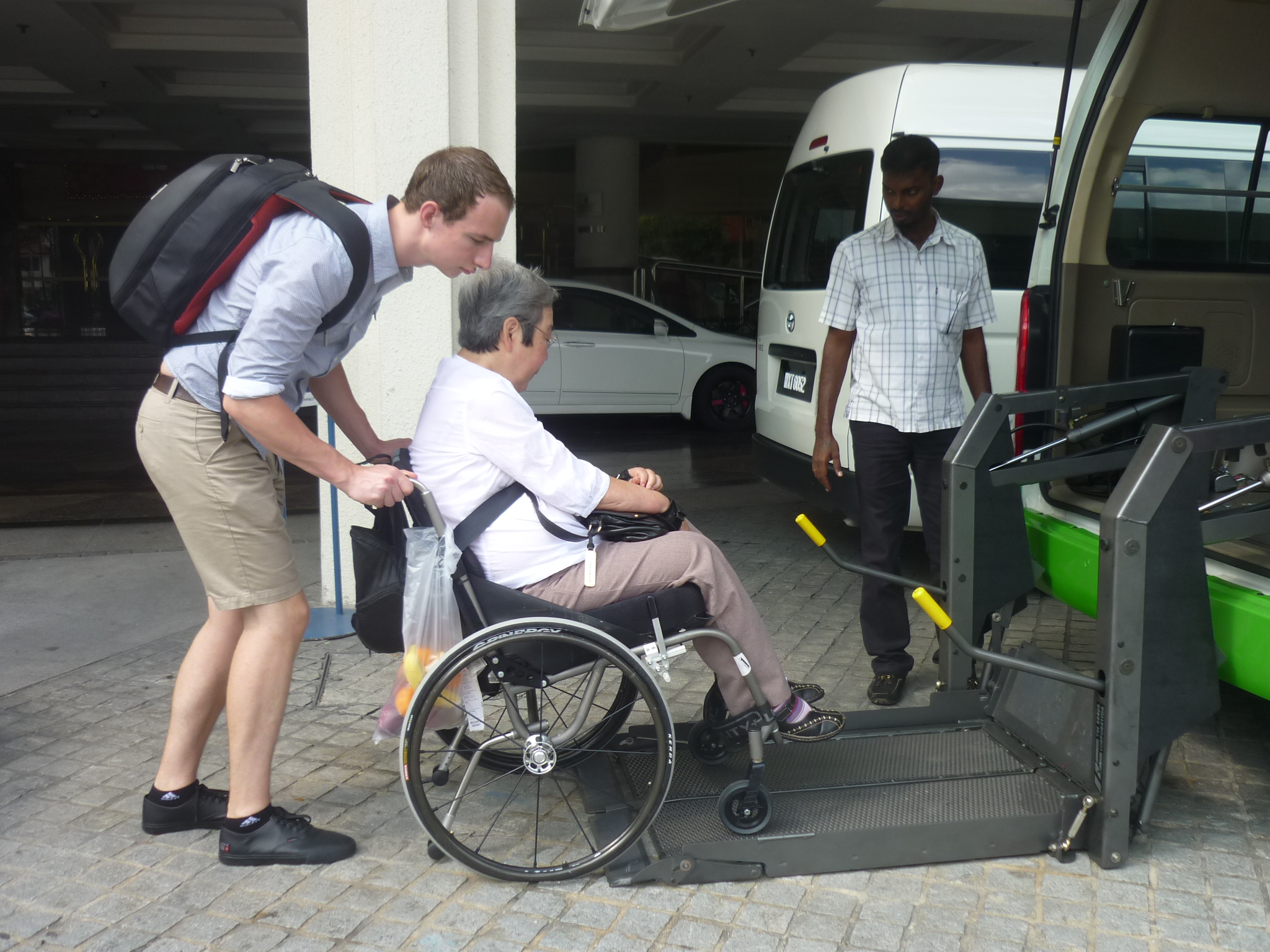Assisted travel for elderly individuals is a rapidly growing sector, addressing the unique needs of a demographic seeking adventure and connection while navigating physical limitations. This guide explores the various options available, from private car services and specialized tour operators to adapted public transport, weighing the advantages and disadvantages of each to ensure a safe and enjoyable travel experience.
We delve into the crucial aspects of accessibility and safety, providing checklists and resources to help plan seamless journeys. Financial considerations, including cost breakdowns and available assistance programs, are also addressed. Furthermore, we examine the health, emotional, and social benefits of travel for seniors, highlighting the role of technology in enhancing their travel experiences.
Health and Medical Aspects: Assisted Travel For Elderly
Planning a trip for elderly individuals requires meticulous attention to their health and well-being. Failing to adequately address potential health concerns can significantly impact the enjoyment and safety of their journey. Prioritizing medical preparedness is paramount for a successful and stress-free travel experience.Pre-travel medical consultations are essential for elderly travelers, particularly those with pre-existing health conditions. These consultations allow healthcare professionals to assess the individual’s health status, identify potential risks associated with travel, and provide tailored advice on necessary precautions and medications.
This proactive approach can prevent unforeseen medical emergencies during the trip and ensure the traveler’s comfort and safety.
Pre-Travel Medical Consultations and Precautions
A comprehensive pre-travel medical consultation should involve a thorough review of the elderly traveler’s medical history, including current medications, allergies, and any chronic conditions like heart disease, diabetes, or respiratory issues. The physician should discuss potential health risks associated with the destination, such as infectious diseases or altitude sickness, and recommend appropriate vaccinations and preventative measures. Furthermore, the consultation should address the management of chronic conditions during travel, ensuring the traveler has sufficient medication and understands how to manage their condition while away from home.
For example, a diabetic traveler should receive guidance on managing blood sugar levels while traveling, including strategies for adjusting insulin doses and accessing necessary supplies. Travel insurance specifically designed for seniors with pre-existing conditions should also be discussed and secured.
Essential Medical Items and Documents
Elderly travelers should carry a comprehensive medical kit containing essential medications, first-aid supplies, and relevant documentation. This ensures quick access to necessary items in case of minor ailments or emergencies. A list of essential items includes: a current list of all medications with dosages, a copy of the prescription, a doctor’s note summarizing medical conditions, a list of allergies, emergency contact information, travel insurance details, and a sufficient supply of any necessary prescription and over-the-counter medications.
In addition, the kit should include common first-aid supplies such as bandages, antiseptic wipes, pain relievers, anti-diarrheal medication, and any personal medical devices like inhalers or glucose monitors. It’s advisable to pack medications in their original containers with labels clearly visible to avoid any confusion or complications.
Sample First-Aid Kit for Elderly Travelers
Imagine a compact, well-organized bag. One section contains individually wrapped antiseptic wipes, bandages of various sizes (including some specifically designed for delicate skin), and blister treatment pads. Another section holds a small container of pain relief medication (such as ibuprofen or acetaminophen), clearly labeled with dosage instructions. A separate, sealed compartment contains anti-diarrheal medication, along with a small bottle of rehydration salts.
Expand your understanding about aarp travel guide with the sources we offer.
A small, waterproof case houses any personal prescription medications, neatly organized and labeled with dosage instructions. The kit also includes a thermometer, tweezers, and a small pair of scissors. Finally, a small, laminated card with emergency contact information, a list of allergies, and relevant medical conditions is stored in a clear plastic sleeve on the outside of the bag for easy access.
This visualization ensures a well-equipped and readily accessible kit tailored for the needs of elderly travelers.
Emotional and Social Aspects

Travel, often associated with rejuvenation and new experiences, offers significant emotional and social benefits for elderly individuals, particularly in combating the pervasive issue of social isolation and loneliness prevalent among this demographic. Maintaining strong social connections is crucial for mental well-being and overall health in later life, and carefully planned travel can actively contribute to this goal.Assisted travel programs specifically designed for seniors recognize the importance of fostering social interaction and addressing emotional needs.
These programs go beyond mere transportation and accommodation, incorporating elements that encourage engagement and connection among participants.
Social Interaction and Enhanced Well-being
Many assisted travel programs prioritize group activities and shared experiences. For instance, guided tours featuring interactive elements, such as cooking classes using local ingredients or visits to historical sites with opportunities for discussion and shared learning, promote social bonding. The shared experience creates a sense of camaraderie and belonging, fostering new friendships and strengthening existing connections. Furthermore, the opportunity to engage with local communities through visits to markets, farms, or artisan workshops can provide stimulating social interaction and a deeper cultural understanding.
These activities counteract the feelings of isolation and loneliness often experienced by elderly individuals who may have limited mobility or social networks.
Companionship and Support Systems
The presence of companions and a robust support system plays a vital role in the success and enjoyment of assisted travel for seniors. Travel companions, whether friends, family members, or even fellow travelers on a group tour, provide emotional support, alleviate anxieties, and offer practical assistance when needed. Well-trained travel assistants or guides can also provide crucial support, ensuring the safety and well-being of senior travelers while facilitating social interaction.
For example, a guide might initiate conversations between travelers, arrange group activities, or simply offer a friendly presence, fostering a sense of security and reducing feelings of vulnerability. The availability of such support reduces the stress associated with travel, allowing seniors to fully engage in the social and emotional benefits of the experience.
Examples of Socially Focused Travel Experiences
Several companies specialize in assisted travel for seniors, incorporating social elements into their itineraries. One example might include a cruise specifically designed for seniors, offering daily social activities like bingo, trivia, and themed parties. Another might be a guided tour of a historical city, with the itinerary structured to allow ample time for socializing and group discussions at various points of interest.
Such programs often include dedicated staff members whose role is to facilitate social interaction among participants, ensuring a welcoming and inclusive environment. These initiatives demonstrate a clear understanding of the emotional and social needs of senior travelers, making travel a positive and enriching experience that enhances their quality of life.
Technological Aids for Assisted Travel

Technological advancements are revolutionizing the travel experience for elderly individuals, enhancing accessibility, safety, and overall ease of travel. These tools address common challenges faced by seniors, such as navigating unfamiliar environments, managing medications, and staying connected with loved ones. The integration of technology offers a greater degree of independence and peace of mind, allowing for more enjoyable and stress-free journeys.Smartphones and dedicated applications are transforming how elderly travelers plan and execute their trips.
GPS navigation, real-time translation services, and medication reminders are just a few examples of how technology can improve the travel experience. Furthermore, wearable technology offers added safety features, allowing for quick access to emergency services and constant location tracking for family members.
Navigation and Location Services
GPS navigation apps, such as Google Maps or Apple Maps, offer turn-by-turn directions, accessible voice guidance, and the ability to save frequent locations. These features are particularly beneficial for those with impaired vision or cognitive difficulties. Many apps also offer offline map downloads, ensuring navigation remains available even without an internet connection. Furthermore, some apps provide real-time traffic updates and alternative route suggestions, minimizing travel delays and potential disruptions.
Communication and Connectivity
Maintaining communication while traveling is crucial for elderly individuals. Mobile phones with large, easy-to-use interfaces and amplified sound are readily available. Applications like WhatsApp, FaceTime, and Skype facilitate video calls, allowing seniors to stay connected with family and friends. Translation apps can bridge communication gaps in foreign countries, improving overall safety and convenience.
Medication Management and Health Tracking, Assisted travel for elderly
Managing medications while traveling can be a challenge. Medication reminder apps provide timely alerts, ensuring seniors take their prescribed drugs at the correct time and dosage. Some apps also allow for the storage of digital copies of prescriptions and medical records, providing quick access to essential health information in case of emergencies. Wearable fitness trackers can monitor vital signs, providing valuable data for both the traveler and their healthcare providers.
Safety and Emergency Assistance
Personal emergency response systems (PERS) offer peace of mind for both seniors and their families. These devices, often worn as pendants or wristbands, allow for immediate access to emergency services with the push of a button. GPS tracking features enable real-time location monitoring, providing reassurance to loved ones. Many PERS devices also incorporate fall detection technology, automatically alerting emergency contacts in case of a fall.
Recommended Apps and Devices
Several technological tools significantly improve the travel experience for elderly individuals. Choosing the right tools depends on individual needs and preferences.
- Google Maps/Apple Maps: Offers voice-guided navigation, offline maps, and real-time traffic updates.
- Medisafe: A medication reminder app that tracks dosages and provides alerts.
- WhatsApp/FaceTime/Skype: Enables easy video calls for staying connected with loved ones.
- Google Translate: Facilitates communication in foreign languages.
- Life360 or similar location sharing apps: Allows family members to track the location of the elderly traveler.
- Medical ID bracelet/app: Stores vital medical information for emergency responders.
Planning assisted travel for elderly loved ones or oneself requires careful consideration of numerous factors, from accessibility and safety to cost and health. However, with the right planning and resources, the rewards—in terms of enriching experiences and social connection—are immense. This guide aims to empower seniors and their families to navigate the process confidently, ensuring memorable and fulfilling journeys.

